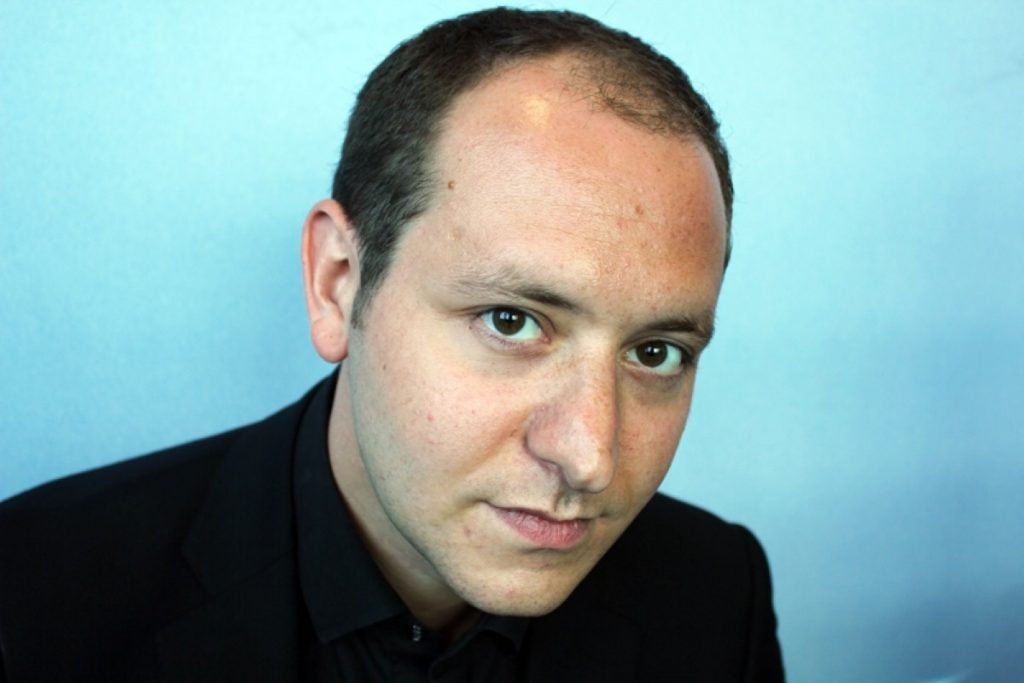Comment: Assange has betrayed Wikileaks and its principles
Wikileaks is dead and Julian Assange killed it.
The Australian activist has betrayed the founding principles of the organisation he helped create. The plea for asylum in London's Ecuadorian embassy is just the latest absurdity in a saga which has overshadowed the emergence of a vital political technology.
Far from disseminating information, Assange now peddles disinformation. The most pernicious example is his claim that Swedish charges against him are part of a conspiracy to have him extradited to the United States. This claim has been bolstered by a considerable amount of nonsense about Sweden's 'feminist extremism' and the idea that the allegations against Assange would not constitute rape or sexual molestation in the UK.
Assange is accused by two women of sexual assault during a short break in Sweden in 2010. The first claims he held her down with his body weight during sex and that she was a victim of 'unlawful coercion'. The second claims that after they had protected sex one night, she awoke to find Assange having sex with her while she slept without a condom.


The question is not whether Assange did these things. That is a matter for trial. The question is whether he has questions to answer. It is plain from the accusations that he does. The only other view is that being an activist who challenges American imperialism somehow exempts you from criminal responsibility.
Assange's dismissal of these charges, and that of his overly-eager supporters, is simply abysmal. It is part of a depressing tapestry, where violence against women – alleged or proven – is treated as a sub-plot to politics, music or sport. Chris Brown, who violently assaulted his then-girlfriend Rihanna, is now invited to perform at award events as if nothing had happened. Mike Tyson, who was convicted of raping an 18-year-old girl, announced yesterday he was bringing a show to Broadway with the help of celebrated film director Spike Lee. Assange's supporters, who include some of the most respectable and impressive figures on the British left, seem to have the same blindspot. Unfortunately, his actions have smeared by association people as pivotal as film director Ken Loach and campaigning journalist John Pilger.
Assange has used the political sympathies of those who support him to protect himself from allegations which any moral society would take seriously. The very idea that it is easier for America to extradite someone from Sweden rather than the UK is laughable to anyone with even a passing acquaintance with the current extradition treaty. If you breathe wrong in this country, Theresa May will pack you off to the US for trial. That's how subservient we have become to our transatlantic cousins.
Assange's argument is absurd from top to bottom. But just to put the cherry on the cake, he then took up work for Russia Today, a state-owned news channel, whose funding government stabs journalists to death. His first interview was a relaxed chat with Hezbollah leader Hassan Nasrallah. It's as if someone had written a play on the rise and fall of a freedom of information campaigner and Assange took it upon himself to act out the damning final scene.
His behaviour has wrecked a vital alliance between old and new media. Those who worked with Wikileaks at the New York Times, the Guardian and Der Spiegel will now have nothing to do with him. But it was these outlets which combined the technological innovation of the digital whistleblower with old-fashioned legal and ethical caution. They made sure names were redacted which could have put innocent people in danger. And they lent credibility to a nascent movement which had the potential to change the world, but only if it behaved in a way which did not play into the inevitable Pentagon counter-attack.
I supported Wikileaks when it released those diplomatic cables as an example of an organisation doing what the traditional media had become too complacent to do.
Now it is a horrible joke, a mouthpiece for Assange's strange new brand of celebrity. Just a few years ago it was publishing footage of American troops murdering civilians. Now it diligently announces the next chapter in the self-obsessed life of its founder. Meanwhile, the real hero of the leaks, US soldier Bradley Manning, is kept in solitary confinement in a US jail. He was stripped-searched every night, forced to stand for hours on end and subject to 'no-touch' torture by the US government. A United Nations special rapporteur on torture said he was subject to "cruel, inhuman and degrading" treatment. That's a sign of the sort of commitment Assange has singularly failed to represent in his various adventures with his celebrity supporters in London.
Wikileaks cannot be salvaged, but the technology remains. One man and his USB stick can change the world. All he needs is a reliable, trustworthy outlet.
The opinions in politics.co.uk's Comment and Analysis section are those of the author and are no reflection of the views of the website or its owners.












